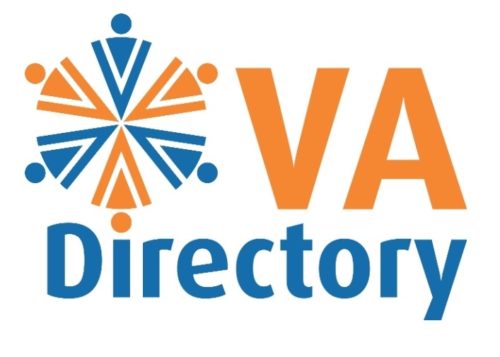This was a discussion at a LinkedIn group and below is my response on how I think about helping clients with Social Media. Your comments are most welcome – you may, or may not, agree with me. Then why not let me, and our readers know?
“It’s hard with social media. It’s a networking tool. Networking is about building relationships. It’s not about throwing information out there and expecting others to take it up, and not give anything back. It’s a two way thing.
I happily set up Facebook Pages, Twitter accounts, LinkedIn Profiles for clients but I won’t tweet or talk for them. They need to do that in their own voice, they need to get to know the people who are connected to them. Just as you and I are conversing here on a LinkedIn group, your client also needs to be able to understand that making those connections on a personal level is important for her. She can have a profile set up, but how does she intend to grow her connections? These are things she needs to think about.
I teach and encourage my clients to spend 10-15 mins a day just reading messages and responding, or acknowledging someone for following them, or connecting with them. There is no way you’re going to know if someone that’s been suggested as a connection is someone your client is going to know or will want to know. Many of my clients didn’t realise they could have multiple tabs open on their browser saved as the ‘home page’ setting. So I teach them to have Facebook, LinkedIn and Twitter (or whichever ones they want to use) saved as home pages on their browser so that it becomes automatic every morning to do a quick check of those places each day. And they can do another check late in the day before knocking off. It can become a habit that will work well for them.
You, as their admin, can set the accounts up for them, send out the invitations via email and monitor the growth of connections at each of the tools. You can report back on things, prompt them to respond to messages that have been received and act as a scout for them, but you can’t actually build the relationships for them. They need to be doing that themselves. This is the hardest thing for clients to understand if they do not understand what social media is about.
One of my clients refuses to do this. He says he’s too busy. I told him that the relationships will not amount to anything if he doesn’t dedicate time to them. He complains of people wanting his time and attention and then he complains he doesn’t get many sales. The two go hand-in-hand. If he wants sales he needs to respond to people who want to make connections before purchasing what he has to sell. Ignoring them is ignoring an important part of his business. If he wants to do business online then he needs to spend time online responding to people. Same goes for us all. Does that help?”
While I had been given a series of tweets for one client to send out, once they ran out that client didn’t provide any more because they were busy with other things. This means their Twitter account has become dormant, although linked to a blog which was active for a time but also now quiet, the client is busy doing other things. The other client I mentioned above, I’ve suggested that there’s no point in having the social media accounts if he’s not going to use them, but he wanted to reserve the names so that no-one else could use them as it would affect his business. It’s interesting that people realise the important of having a presence but then won’t be visible in that presence.
I believe our role is to assist our clients but not to pretend to be them. We can help them learn how to use the tools and set the tools up for them, but the client needs to be present and be themselves to participate in the art of networking. After all, if they were going to a networking event, they wouldn’t send you to be ‘them’ instead would they? Or would they?
